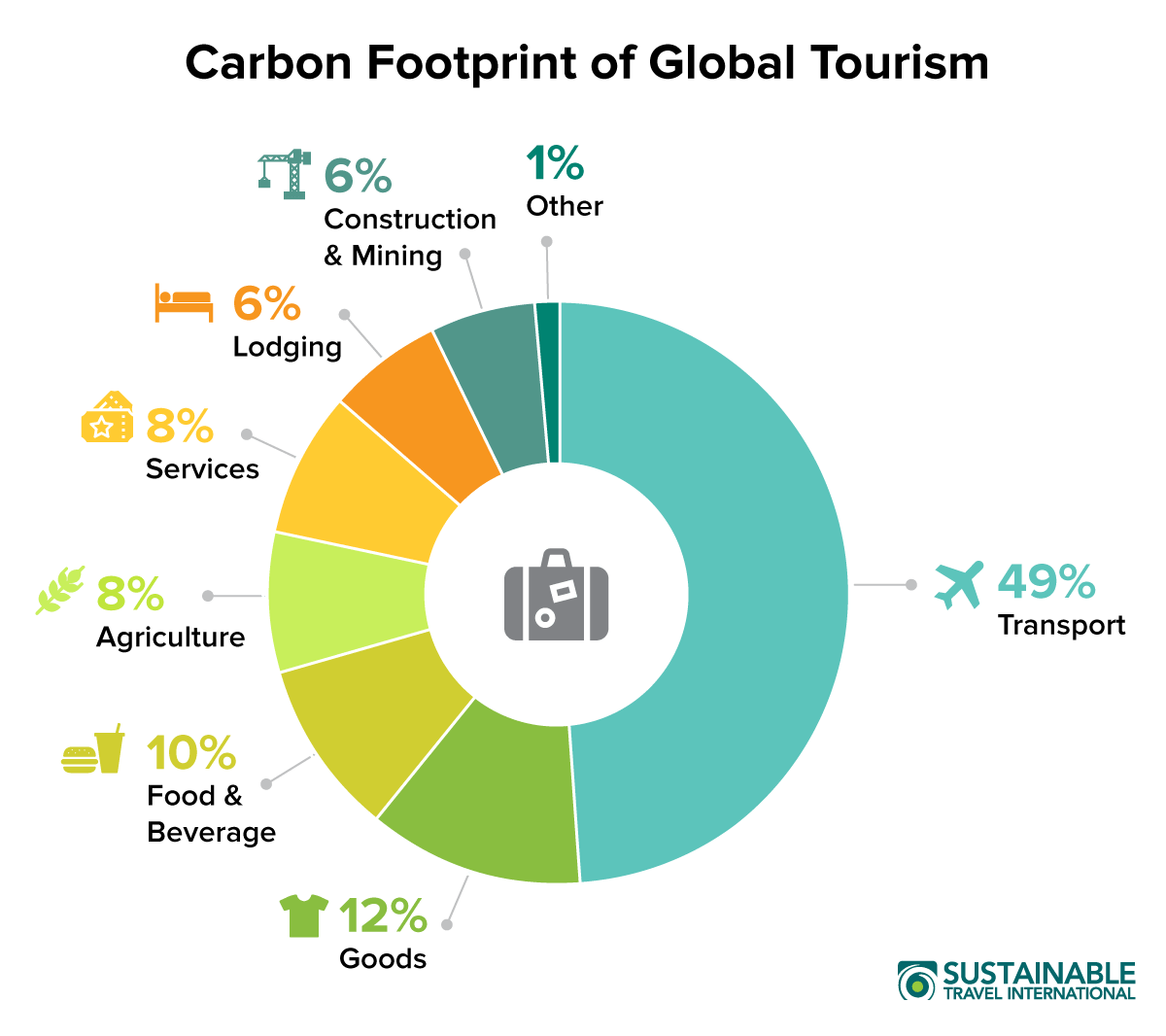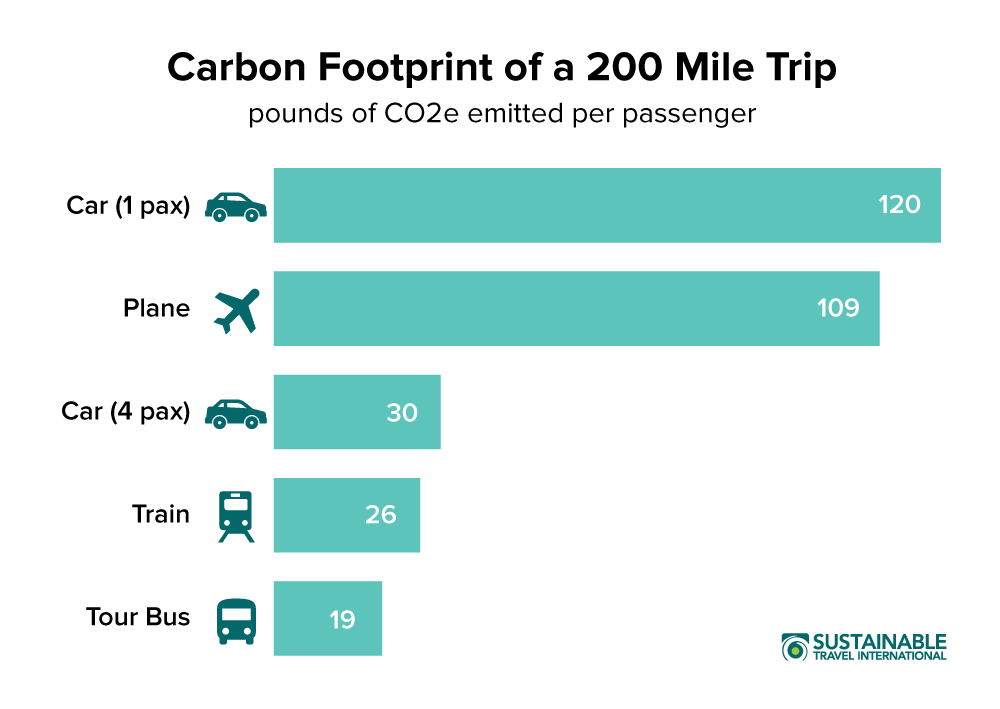

The Environmental Adventure Footprint: Making More Sustainable Travel Choices is crucial for responsible travelers. Our planet’s fragile ecosystems deserve our utmost attention, and the global tourism industry needs to prioritize ecological conservation. Sustainable travel practices are not just a trend; they’re a necessity. This article explores the concept of the Environmental Adventure Footprint and provides actionable strategies for reducing your environmental impact while traveling. We’ll delve into various aspects, from choosing eco-friendly accommodations to supporting local communities, and demonstrate how conscious travel choices can contribute to a greener future for all. This article is structured to cover different aspects of sustainable travel, from planning your trip to the impact on the environment and the community. We will highlight practical tips, statistics, and examples to demonstrate the practical value of responsible tourism practices. Each step will be elaborated, emphasizing practical applications and illustrating how these choices benefit both the traveler and the destinations visited.
Understanding the Environmental Adventure Footprint
Defining Sustainable Travel
Sustainable travel is more than just a buzzword; it’s a fundamental shift in how we perceive and engage with our travel adventures. It emphasizes minimizing the negative impacts of tourism on the environment, local communities, and cultural heritage. Traveling responsibly aims to benefit both the traveler and the destination. Sustainable travel practices are essential for responsible tourism. It fosters a balance between enjoying journeys and contributing positively to the destinations. It is about reducing our footprint on the environments we visit, supporting local businesses, and respecting cultural values.
Eco-Friendly Transportation Options
Minimizing Your Carbon Footprint
Choosing eco-friendly transportation is crucial for reducing carbon emissions. Consider alternatives to air travel, such as trains, buses, or even cycling. These options typically have significantly lower carbon footprints and can be highly enjoyable, providing a chance to experience the landscapes on a different level. This eco-friendly approach to transportation can reduce harmful air pollution. The use of electric vehicles is on the rise, and they represent a great way to minimize a traveler’s carbon footprint. Choosing eco-friendly modes of transport demonstrates environmental awareness and supports a more sustainable future for our planet.
Eco-Conscious Accommodations and Consumption
Supporting Sustainable Hotels
Choosing eco-conscious accommodations is essential for a sustainable travel experience. Look for hotels and resorts with certified sustainable practices, such as using renewable energy, conserving water, and minimizing waste. Support establishments that prioritize sustainability, from energy efficiency to waste management. This reduces the negative environmental impact of your stay and supports a more responsible industry.
Local Culture and Community Engagement
Fostering Respectful Interactions
Supporting local businesses during your travels, embracing cultural heritage, and interacting respectfully with local communities are pivotal aspects of sustainable tourism. Seek out locally owned shops and restaurants, patronizing them to bolster the local economy and support the cultural heritage. Respect local traditions, customs, and beliefs for a meaningful interaction with local communities.
Ethical Food Choices
Minimizing Food Waste
Food choices can significantly impact your environmental footprint. Choose restaurants that prioritize local and seasonal ingredients, reducing the carbon footprint of food transportation. Eating at places that utilize sustainable farming techniques shows a commitment to reducing the food system’s environmental impact. By choosing these options, you are directly supporting local economies and promoting environmental sustainability.
Waste Management and Recycling
Reducing Waste
Minimizing waste during your journey involves thoughtful choices. Packing reusable water bottles, shopping bags, and coffee cups to avoid single-use plastics reduces your impact. Prioritizing reusable options directly reduces the amount of waste generated during your travel adventures. This mindful approach minimizes the burden on waste management systems and promotes circularity in the travel industry.
Protecting Wildlife and Ecosystems
Conservation Efforts
Respecting wildlife and natural habitats is paramount in responsible travel. Support tour operators that prioritize wildlife conservation and follow responsible practices. Respecting and safeguarding wildlife helps protect biodiversity, which is critical for maintaining the ecological balance of our planet. These options safeguard the fragile ecosystems we visit. Supporting and following the ethical practices of wildlife tour operators and tour guides can contribute to conservation efforts.
Promoting Education and Awareness
Raising Environmental Consciousness
Raising environmental awareness is a key aspect of sustainable travel. Share your experiences and knowledge with others through social media and conversations. Educate yourself and others about the environmental impacts of travel and sustainable practices. Becoming more aware helps promote ethical and environmentally friendly travel practices. Sharing information contributes to a more conscious approach to travel.
Financial Considerations and Budget
Economic Sustainability
Sustainable travel doesn’t necessitate an expensive lifestyle, although it might require thoughtful planning. Travelers can prioritize ethical accommodations and local experiences, which often offer exceptional value and positive impacts on communities and businesses. These choices support a more financially and environmentally sustainable travel industry by emphasizing local businesses and ethical tourism practices. This thoughtful approach can be a great tool for economic empowerment when conducted in a conscientious way.
Frequently Asked Questions
What are some simple steps I can take to reduce my environmental impact while traveling?
A: Reducing your environmental impact on your travel adventure is achievable with small, consistent actions. Carry reusable water bottles and shopping bags, choose eco-friendly transportation options like public transport or cycling, avoid single-use plastics, and support local businesses instead of large corporations. These simple choices can have a significant impact, and contribute to a more environmentally conscious and responsible travel experience.
How can I support local communities during my travels, promoting sustainable tourism?
A: Supporting local communities during your travels can have a huge impact on sustainable tourism. Opt for locally owned accommodations, eat at local restaurants, engage with local artisans, and participate in cultural exchange programs. By supporting local businesses, you’re directly contributing to the economic well-being of the communities you visit, enabling them to sustain their traditions and environment for future generations. Your participation makes a difference in how the local community benefits from your presence.
What are the potential negative impacts of travel on the environment, and how can we mitigate them?
A: Travel, while rewarding, can have substantial negative environmental consequences such as carbon emissions from air travel, increased waste from hotels and tourist sites, and the disturbance of local ecosystems. To mitigate these impacts, consider the use of sustainable transportation, such as taking trains, using electric vehicles or bicycles, and choosing eco-friendly accommodations that minimize their environmental footprint. Reduce your consumption of single-use items like plastic water bottles and minimize waste, and support businesses that prioritize environmental sustainability.
How does choosing sustainable travel practices benefit both the environment and the traveler?
A: Choosing sustainable travel practices benefits both the environment and the traveler in several ways. Eco-conscious travel options can be more rewarding and provide a profound connection to nature, encouraging mindful travel and a deeper appreciation for the destinations. Choosing sustainable accommodations, transportation, and activities enhances your experience, while supporting communities that cherish and uphold the environment. The positive impact on the planet is undeniable. These sustainable choices can contribute to a more mindful and enriching travel experience.
In conclusion, embracing the Environmental Adventure Footprint necessitates conscious choices and a shift in perspective towards more sustainable travel. By adopting the strategies discussed throughout this article, travelers can minimize their negative impacts, contribute to environmental preservation, and enjoy responsible adventures. Start your journey towards a greener travel experience today! Explore eco-friendly accommodations, adopt mindful consumption habits, and support local communities. By implementing these steps, you can actively participate in building a more sustainable and respectful future for both yourself and the destinations you visit. The benefits are not only environmental but also personal – enriching your travel experience with a newfound sense of purpose and connection to the world around you.